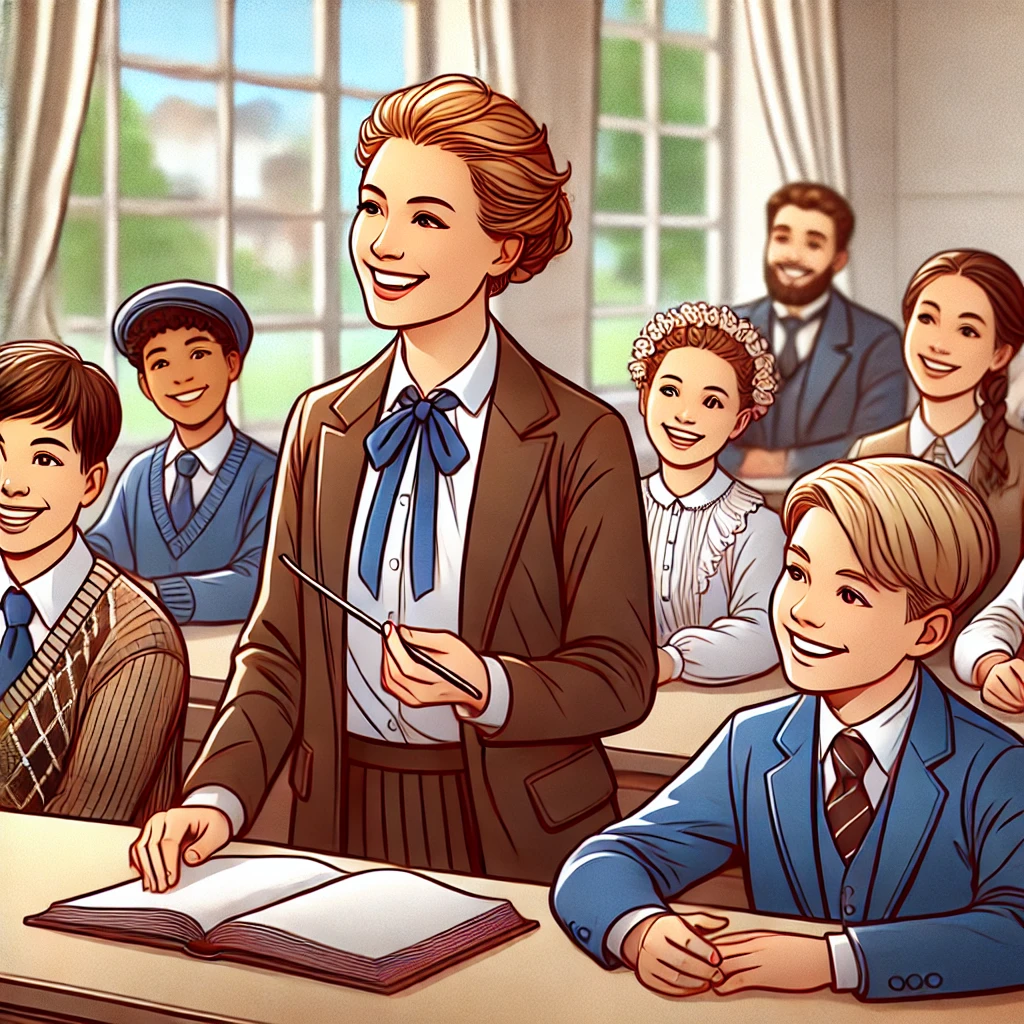STARTBODY
Home /
Historical teaching methods in British education system
Exploring the Evolution of Teaching Methods in the British Education System
Introduction
The British education system has a rich history that has evolved over centuries, shaping the way students are taught and educated. From traditional methods to modern approaches, the way knowledge is imparted has seen significant changes over time. In this article, we will delve into the historical teaching methods in the British education system, highlighting the key developments that have influenced the way students learn.
Traditional Teaching Methods
In the earlier years of the British education system, traditional teaching methods were predominant. These methods were often teacher-centered, with a focus on rote learning and memorization. Students were expected to sit quietly in rows, listen to the teacher, and absorb information through lectures and written materials. The curriculum was structured and rigid, emphasizing subjects such as Latin, Greek, and mathematics. Discipline was strict, with corporal punishment being a common form of maintaining order in the classroom.
Progressive Education Movement
The early 20th century saw the rise of the progressive education movement in Britain, which sought to reform traditional teaching methods. Influenced by educational philosophers such as John Dewey, the movement emphasized a child-centered approach to learning. Progressive educators believed in hands-on learning, group activities, and the importance of individualized instruction. Subjects like art, music, and physical education were given more prominence in the curriculum. The focus shifted from memorization to critical thinking, creativity, and problem-solving skills.
Post-War Education Reforms
The aftermath of World War II brought about significant changes in the British education system. The 1944 Education Act, also known as the Butler Act, aimed to provide free and compulsory education for all children. This period saw the introduction of the tripartite system of secondary education, which divided students into different types of schools based on their academic abilities. Grammar schools focused on academic subjects, secondary modern schools offered vocational training, and technical schools emphasized practical skills. The curriculum became more diverse, catering to the varied needs and abilities of students.
Modern Teaching Approaches
In recent decades, there has been a shift towards more modern teaching approaches in the British education system. The focus is now on personalized learning, technology integration, and preparing students for the demands of the 21st century. Project-based learning, digital resources, and online platforms are increasingly being used to enhance the learning experience. Differentiated instruction and assessment methods are employed to cater to the diverse learning styles and abilities of students. Collaboration, critical thinking, and communication skills are emphasized to equip students for an ever-changing global landscape.
Conclusion
The evolution of teaching methods in the British education system reflects the changing needs and priorities of society. From traditional teacher-centered approaches to modern student-centered practices, the focus has shifted towards creating a more engaging and inclusive learning environment. By understanding the historical context of teaching methods, we can better appreciate the progress that has been made and the challenges that lie ahead in educating future generations.
Teaching Methods Jacqulyn Sides
Comparative Teaching Methodologies Mark Fuller
The Immersion Method of Teaching English as a Second Language Kelly Brierley
Tefl article - TEFL Adapting teaching methodologies for student centred learning #420
Motivating Students by Creating a Positive Environment Jack Zhuang
Tefl article - TEFL The present and future roll of TEFL in Thailand #402
The present and future roll of TEFL in Thailand Liz Mackenzie
Identified problems within the Ghanaian Education system Joanne Peters
Tefl article - TEFL Teacher Career Development #250
Tefl reviews - Theories Methods Techniques Of Teaching The Classical Method





